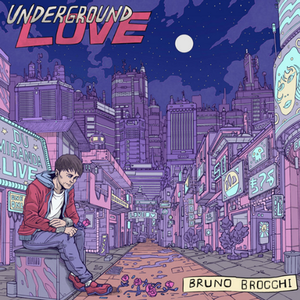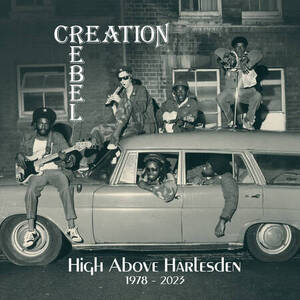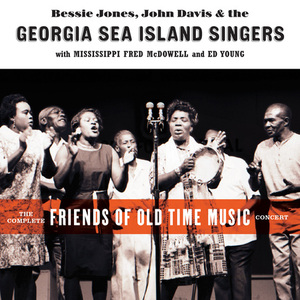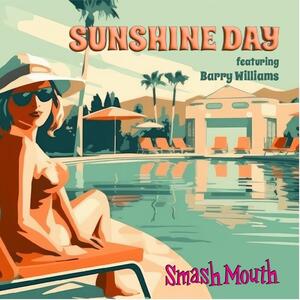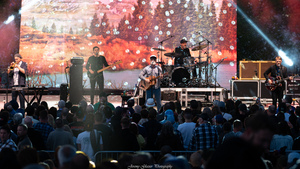Major Stars
Distant Effects
Squealer
I’d like to be speak candidly to you about a new release of rock music by the band Major Stars. It is rock music in a nostalgic sense. Music made by a group of musicians who know their chops, love the warble of vinyl, the nostalgic bliss of the psychedelic era. Hard rock, from the ’60s, via Jimi Hendrix Experience, except, you know, now.
I’m going to be straight with you. This album isn’t the most significant thing you’ll hear this year. It’ll keep you some nice company while you’re driving, it’ll give you that drugged-out floating feeling too. It’s important, though, for me to tell you that there is very little content here. So many bands are reduced to a gimmick image, a repetition of gestures, a fake sense of progress from album to album, and Major Stars seems to be emblematic of this, critically-lauded as they are.
Rock is an American musical tradition, played by 80 percent of all teenagers. I made that statistic up, but you get the idea. I’m all for it, too. Rock music, especially of the teenage variety, is ecstasy, glory, nihilism, and the creative act rolled up into one sexy amalgam. This is why people play it, anyway. Listening to rock music doesn’t necessarily invoke a similar feeling, and with a fifteen dollar price tag on each new dabbler, and a huge possible catalog of people who truly defined the music, let’s face facts, there’s a big chance that listener will stumble into a ditch of monochromatic extraneousness. But obviously, you can’t hold a band accountable for doing what they love.
Distant Effects is completely formulaic energy, referencing stylistic tendencies from the past and regurgitating them without much perceived thoughtfulness. Unfortunately, there’s not much independent music out there unless you’re in the mood to read into a morbidly bleak, post-modern view that cleverly smirks at the rotting annals of our culture. I sure don’t. I’m tired of it. I’m tired of laziness under the guise of intellectual self-reference. I’m calling Major Stars on it, but they’re not the sole offenders. Just take all those easy targets: Pavement, Jon Spencer, The Strokes, The Vines, The Hives, The White Stripes, The Make-Up, etc. And as long as we’re calling people out into the ring, I’ve written nice reviews about bad, repetitive albums by avant-garde noise mongers with a shit-eating grin, just because I want a potential listener to check out something different, explore some avenues that don’t always get written about. It doesn’t justify the fact that I’m praising more laziness.
With the deluge of reissues and tongue-in-cheek revivalists, there is such an overwhelming amount of necrophilia perpetrated by independent labels. I’m almost ready to convert to Korn. Yeah, they’re a band almost entirely built on energy, but at least their brand of angst isn’t rehashing psychedelic garage rock. Korn’s music is dictated by the current culture we live in, the instrumentation, issues, and mode of communication are at least rooted in the present, and you can say the same about ‘Nsync and Puff Daddy.
I’m not saying that because something is modern, it’s inherently good. I’m saying that the puerile xenophobia in indie rock is making for a disturbingly insular and homogenous musical culture. Looking at bands like Jon Spencer Blues Explosion, it’s pretty clear what the function of all of this really comes down to. A bunch of bands are trying to validate their existence by singing about themselves, by ripping off their idols, by refusing to reveal anything but cynicism. It’s boring and hypocritical. If you’re going to make something, make it because you love it. Now, maybe Major Stars really love what they’re doing, their new album doesn’t show it, but subsequent albums might. We’re obviously products of our environment and history, but it’s about fucking time we acknowledge that we’re also building it.

